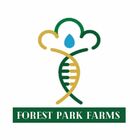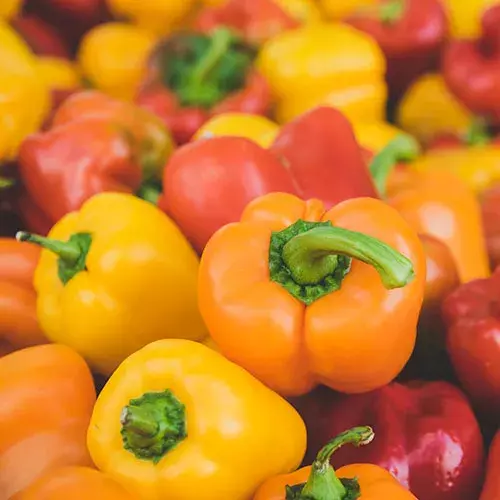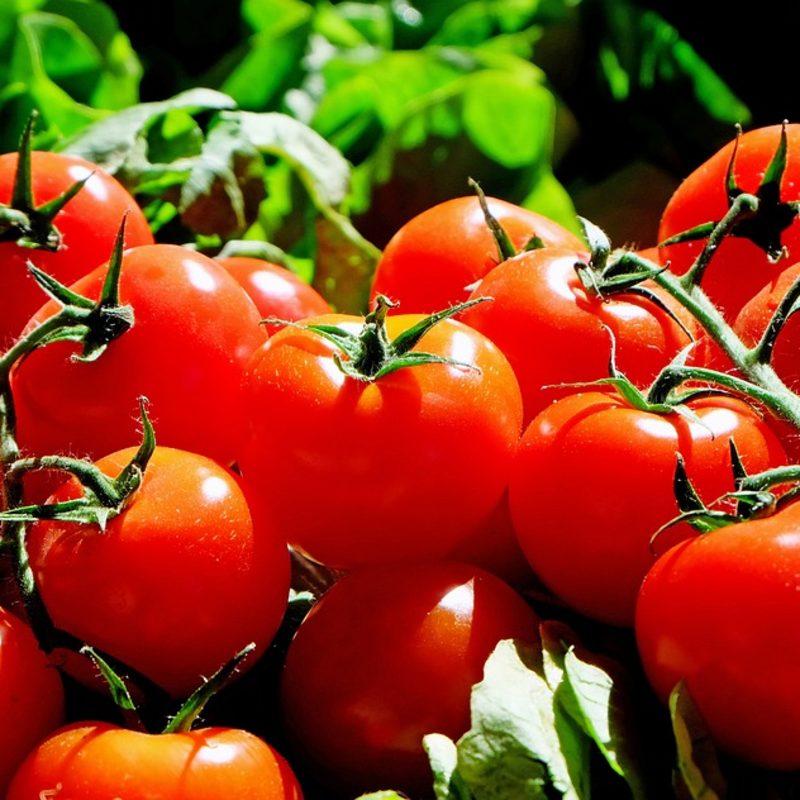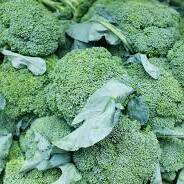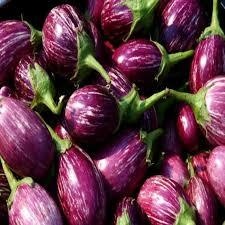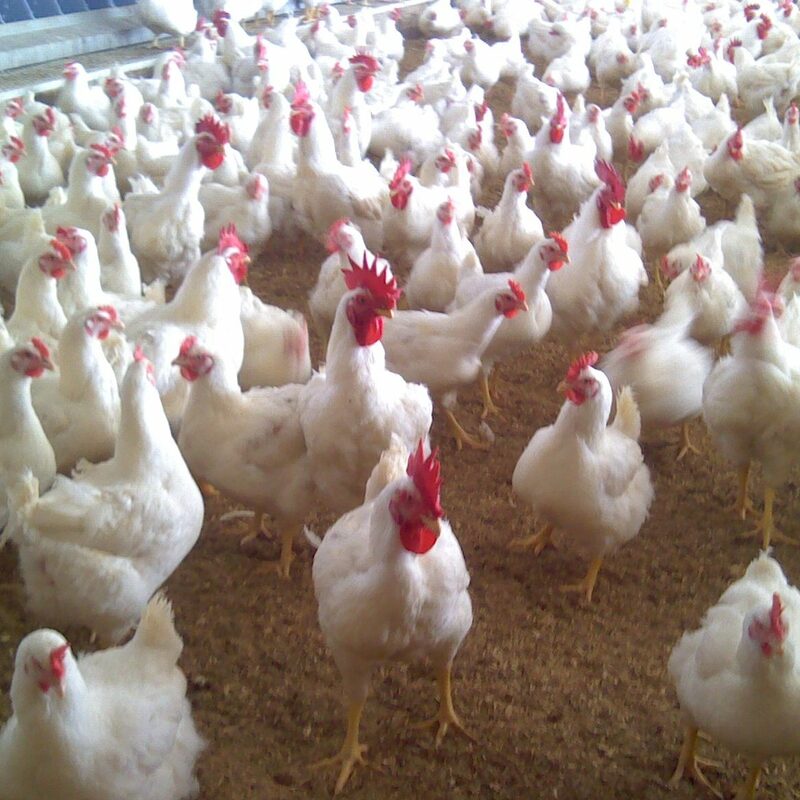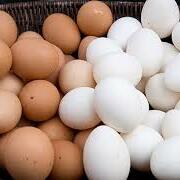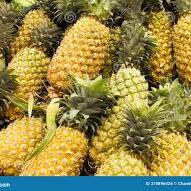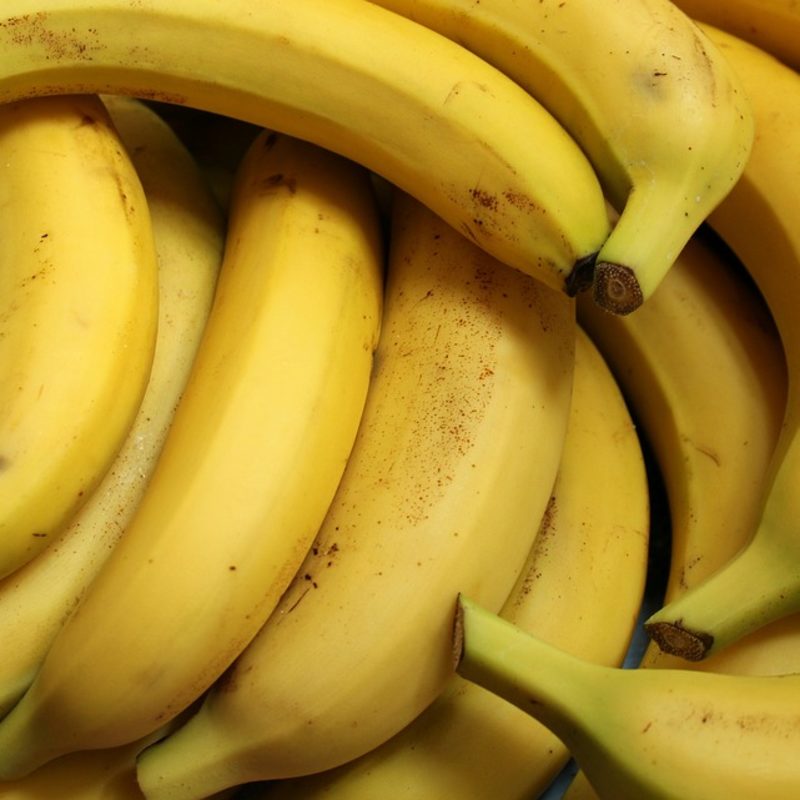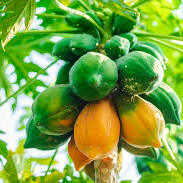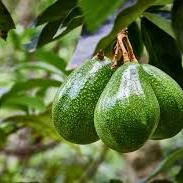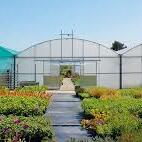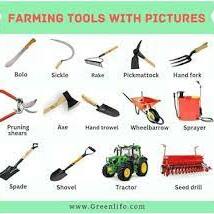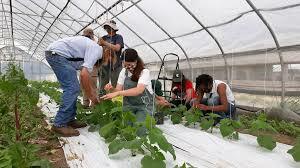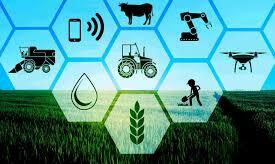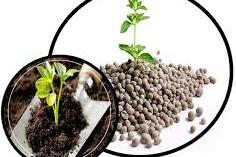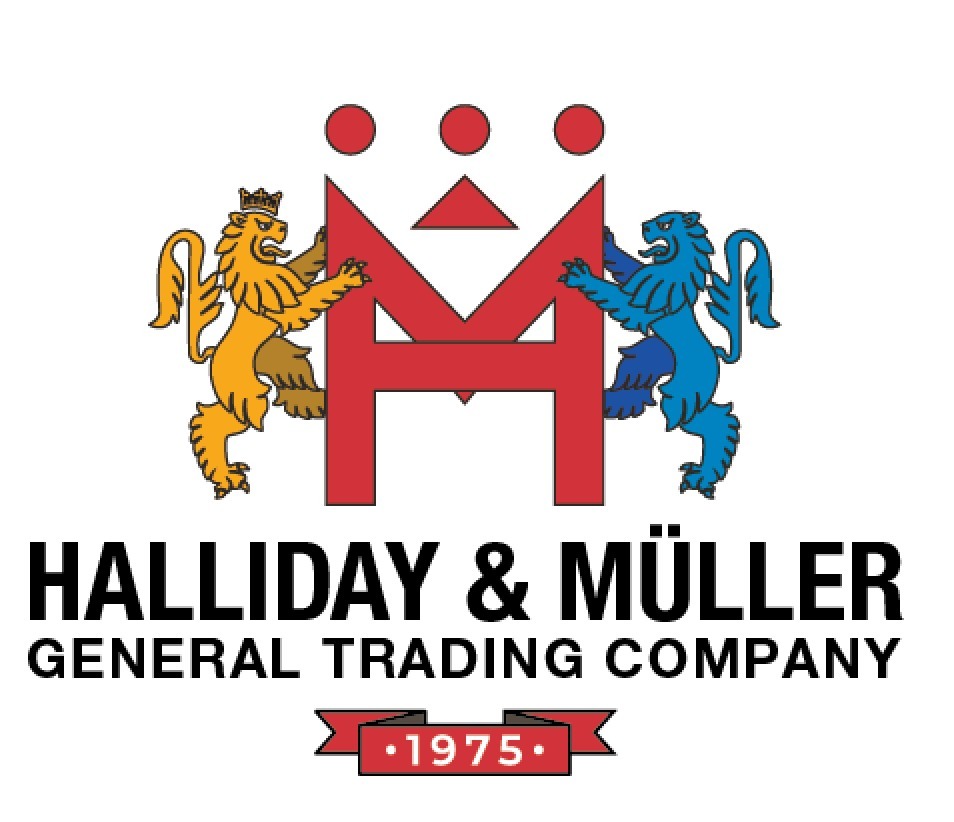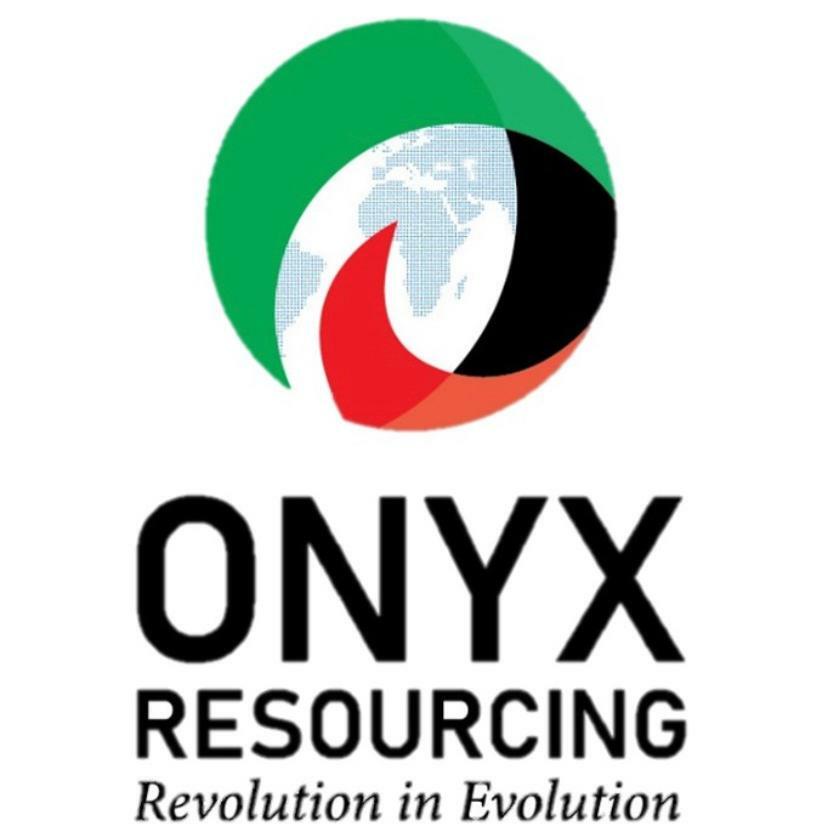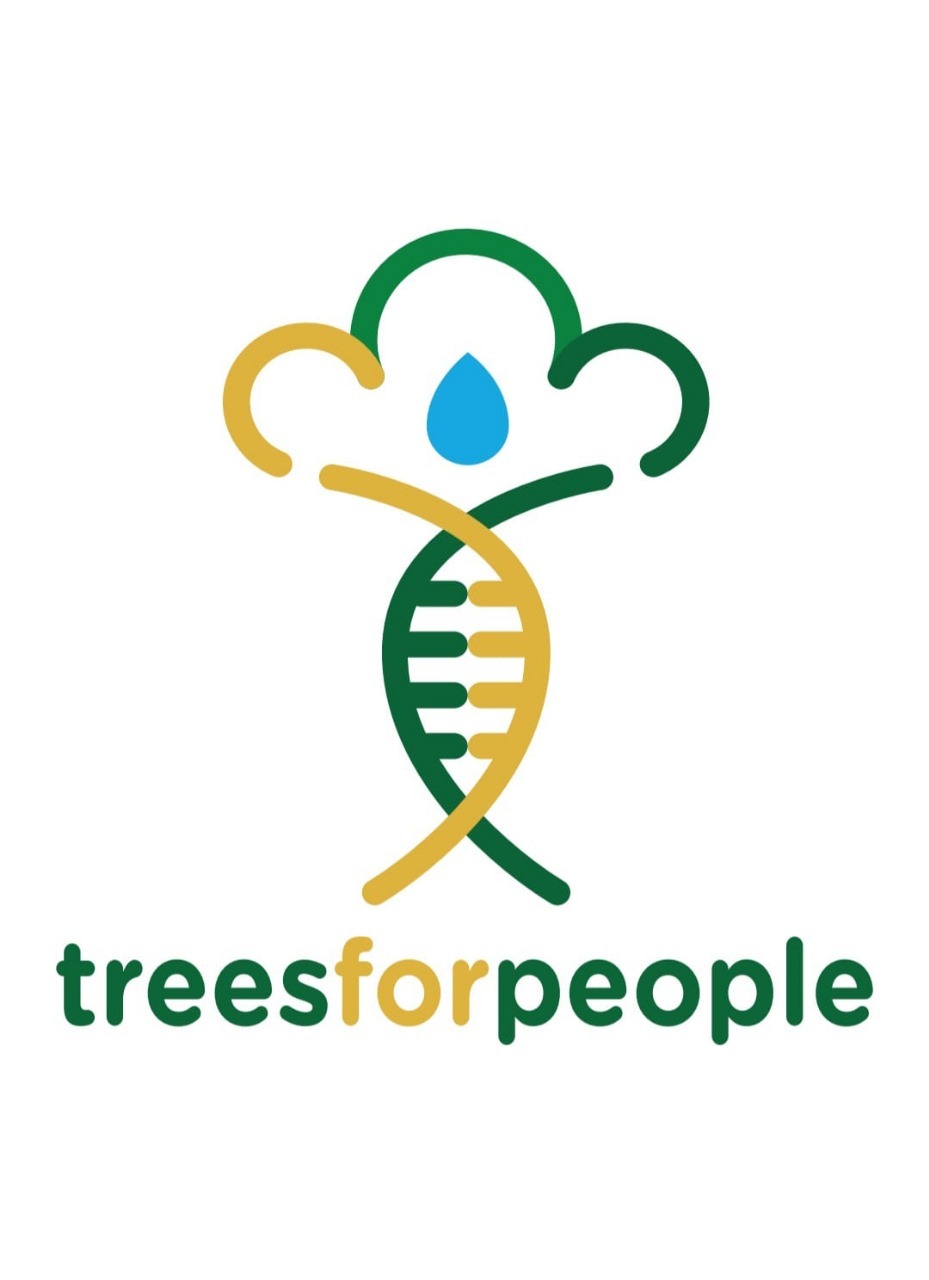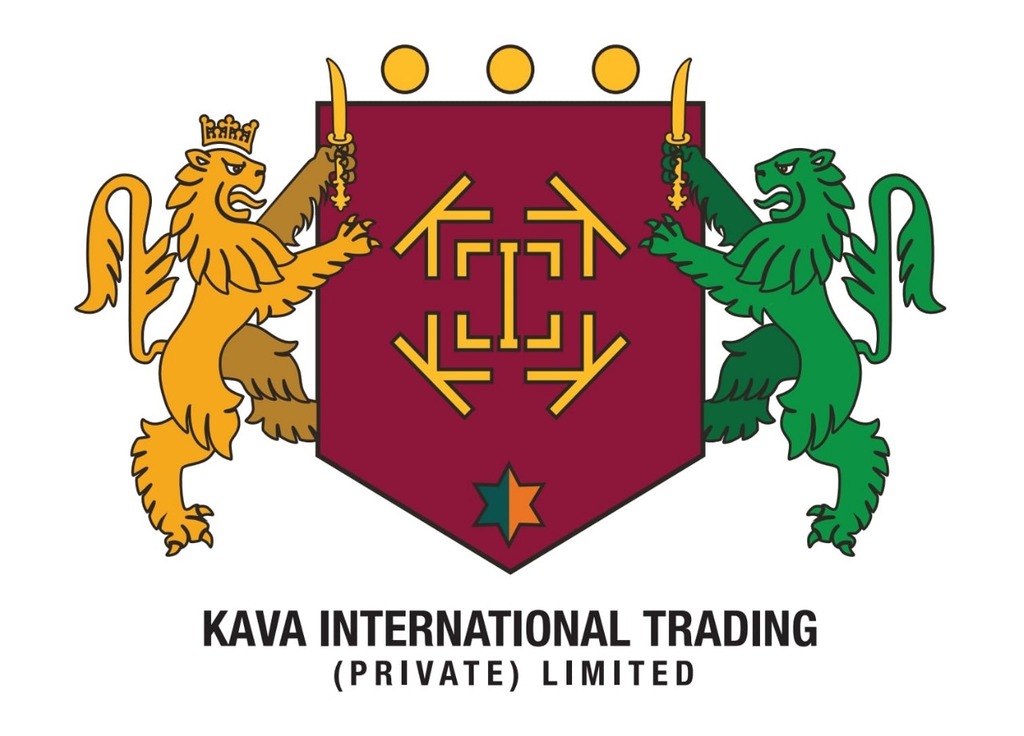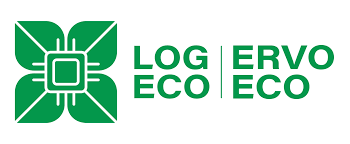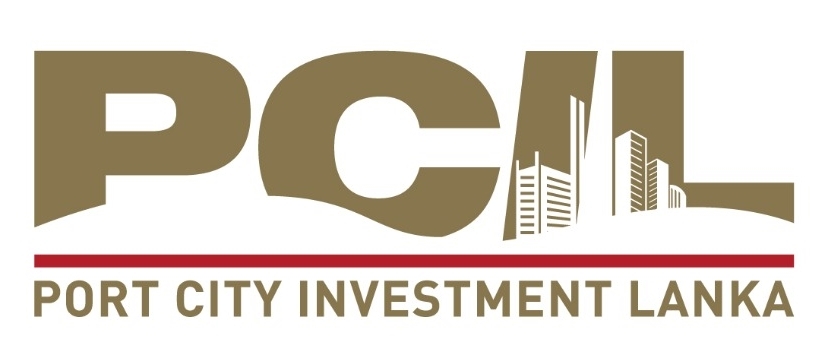At Forest Park Farms, our logo is more than just a symbol—it’s a visual representation of our core DNA: a fusion of traditional agriculture with the intelligence of modern, sustainable innovation.
We are reshaping the future of farming by transitioning from vulnerable, open-field agriculture to controlled environment agriculture (CEA), which includes greenhouses and polytunnels. This ensures predictable yields, protects against crop failure, and minimizes loss from pests, wild animals, climate extremes, and land degradation.
Our identity is rooted in protection, restoration, and regeneration. Through smart agriculture, we optimize the use of water, enrich the oxygen cycle, preserve soil health, and safeguard biodiversity in every region we touch. From barren desert land to thriving agrifields, we prove that transformation is not just possible—it is necessary.
However, our mission extends beyond farming. We are building a human-centered ecosystem driven by:
Education, Empowerment, Engagement of Women and Youth
Our logo reflects this living commitment—infusing the life force of nature with innovation, cultivating food security, prosperity, and sustainability for generations to come.
At Forest Park Farms, we don’t just grow crops—we cultivate communities, resilience, and a regenerative, food-secure future.
